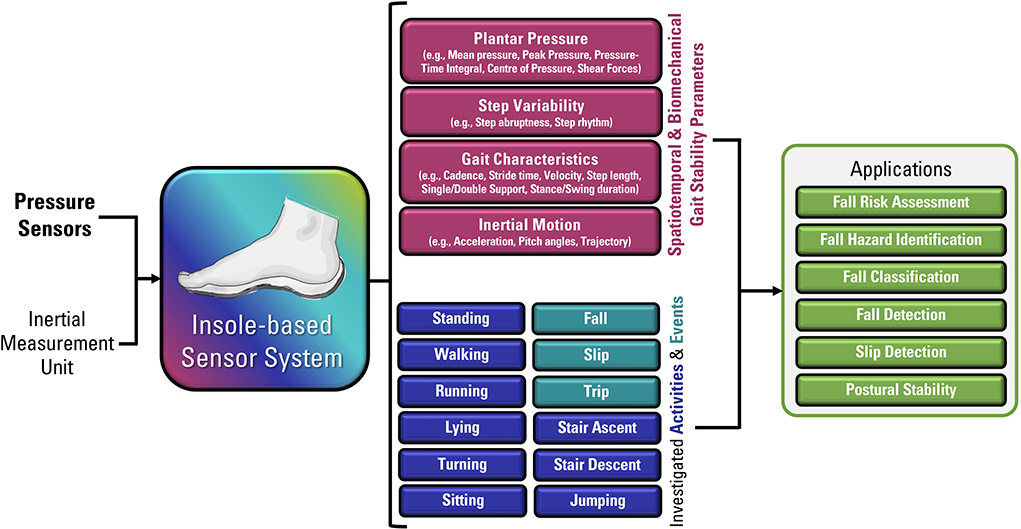9 Simple Techniques For Dementia Fall Risk
9 Simple Techniques For Dementia Fall Risk
Blog Article
The 5-Minute Rule for Dementia Fall Risk
Table of ContentsMore About Dementia Fall RiskDementia Fall Risk Can Be Fun For EveryoneFacts About Dementia Fall Risk UncoveredThe Basic Principles Of Dementia Fall Risk A Biased View of Dementia Fall Risk
The FRAT has three sections: drop risk standing, danger element list, and action strategy. An Autumn Risk Condition includes information regarding background of current falls, drugs, psychological and cognitive status of the patient - Dementia Fall Risk.If the individual scores on a risk variable, the matching variety of points are counted to the person's fall risk rating in the box to the much ideal. If a client's loss danger rating totals five or greater, the person is at high threat for falls. If the individual ratings just four factors or reduced, they are still at some risk of falling, and the nurse needs to utilize their finest professional assessment to manage all autumn threat elements as part of a holistic care strategy.
These basic strategies, in basic, aid create a secure atmosphere that lowers unintentional falls and defines core precautionary steps for all patients. Signs are important for patients at threat for falls.
Not known Facts About Dementia Fall Risk
Wristbands ought to consist of the client's last and very first name, day of birth, and NHS number in the UK. Only red shade needs to be used to indicate unique patient status.
Products that are too far may call for the individual to connect or ambulate unnecessarily and can potentially be a risk or add to drops. Aids avoid the client from going out of bed without any kind of aid. Registered nurses reply to fallers' call lights quicker than they do to lights initiated by non-fallers.
Aesthetic disability can significantly cause falls. Hip pads, when put on appropriately, may reduce a hip crack when fall occurs. Maintaining the beds closer to the flooring minimizes the danger of drops and severe injury. Putting the bed mattress on the flooring dramatically lowers autumn danger in some healthcare settings. Reduced beds are made to minimize the range a client drops after relocating out of bed.
The 20-Second Trick For Dementia Fall Risk
Clients who are high and with weak leg muscles that attempt to rest on the bed from a standing setting are most likely to fall onto the bed due to the fact that it's as well reduced for them to reduce themselves safely. Likewise, if a high individual attempts to stand up from a low bed without help, the client is most likely to fall back down onto the bed or miss the bed and drop onto the floor.
They're designed to promote timely rescue, not to avoid drops from bed. Audible alarms can likewise remind the individual not to obtain up alone. Making use of alarms can also be a replacement for physical restraints. Apart from bed alarm systems, enhanced supervision for risky individuals also might assist prevent falls.

Clients with a shuffling gait increase fall opportunities significantly. To lower fall risk, shoes ought to be with a little to no heel, slim soles with slip-resistant step, and sustain the ankles. Recommend person to make use of nonskid socks to stop the feet from sliding upon standing. Nevertheless, urge people to put on appropriate, well-fitting shoesnot nonskid socks for ambulation.
Excitement About Dementia Fall Risk
In a study, homes with ample illumination record fewer drops (Ramulu et al., 2021). Improvement in lights at home may minimize loss rates in older grownups.

Caretakers are efficient for guaranteeing a safe, safeguarded, and risk-free setting. However, research click for source studies showed very low-certainty proof that caretakers lower fall threat in intense care healthcare facilities and only moderate-certainty that options like video clip surveillance can reduce caretaker usage without raising fall danger, recommending that caretakers are not as useful as initially believed (Greely et al., 2020).
Things about Dementia Fall Risk

Boosted physical conditioning decreases the danger for drops and restricts injury that is endured when loss see here takes place. Land and water-based exercise programs might be similarly advantageous on balance and stride and therefore decrease the threat for falls. Water workout may add a favorable benefit on balance and gait for women 65 years and older.
Chair Rise Exercise is a simple sit-to-stand exercise that helps reinforce the muscles in the thighs and buttocks and enhances wheelchair and freedom. The goal is to do Chair Increase exercises without making use of hands as the customer ends up being more powerful. See resources area for a comprehensive instruction on how to perform Chair Rise exercise.
Report this page